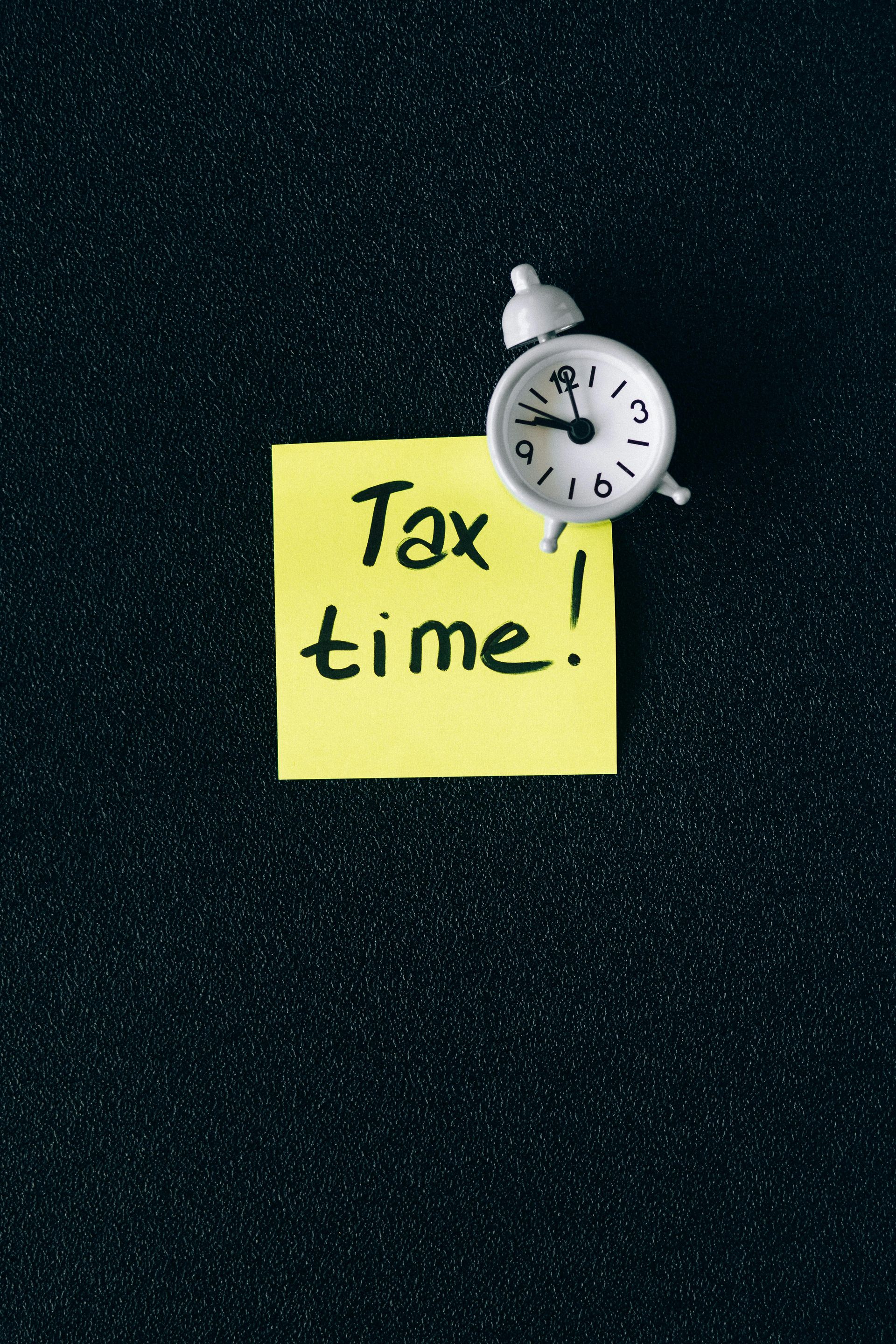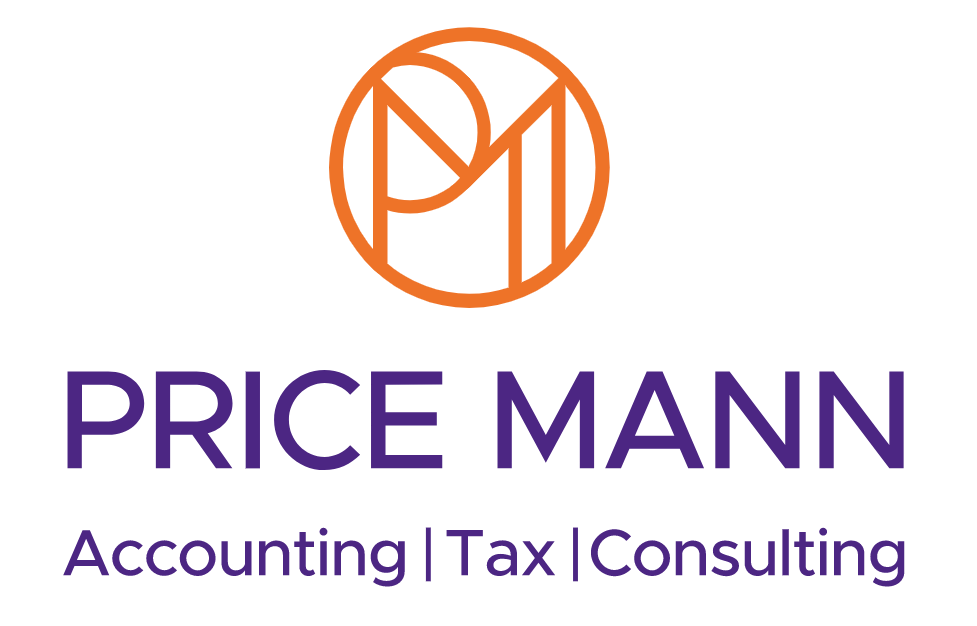MTD for Income Tax: Less Than a Year to Go
MTD for Income Tax: Less Than a Year to Go
What do you need to know?
If you are a sole trader or landlord with annual income exceeding £50,000, a major change is approaching. From 6 April 2026, you may be required to keep digital business records and submit quarterly updates to HM Revenue and Customs (HMRC) under Making Tax Digital (MTD) for Income Tax.
This represents one of the most significant changes to Self Assessment since its introduction and will bring substantial changes to how you manage your tax affairs.
What Is Changing?
Under Making Tax Digital for Income Tax, those affected will be required to:
- Maintain digital records using software that is compatible with Making Tax Digital
- Submit quarterly updates to HMRC with details of income and expenditure
- Complete a final end-of-year submission, which will replace the traditional Self Assessment tax return
Making Tax Digital is intended to modernise the tax system by moving towards more frequent and digital reporting. While some individuals may find it helps improve financial organisation and reduce errors, it also marks a significant departure from the familiar once-a-year tax return process.
Possible Challenges:
- An increased administrative burden due to the need for four quarterly updates plus a final end-of-year return
- The requirement to purchase or subscribe to suitable accounting software, if you do not already use one
- A learning curve for those who are unfamiliar with digital bookkeeping
For many sole traders and landlords, the greatest adjustment will be the shift to continuous digital record-keeping, rather than dealing with tax matters once a year.
What Happens Next?
Making Tax Digital will be introduced gradually, based on income thresholds:
- From April 2026: Applies to self-employed individuals and landlords with qualifying income over £50,000
- From April 2027: The threshold will decrease to £30,000
- From April 2028: It will be further reduced to £20,000
"Qualifying income" refers to the total income from self-employment and property, before the deduction of any expenses or allowances.
HMRC is currently inviting businesses to take part in a pilot programme. This allows participants to become familiar with the new system in advance. During the testing period, there will be no penalties for late submission of quarterly updates, providing a risk-free opportunity to learn how the system works.
How We Can Support You
Whether you require assistance in setting up your digital records or simply understanding what is changing, we are here to help you through the transition. Every business is different—some may only need to make small adjustments, while others may face a more substantial change.













